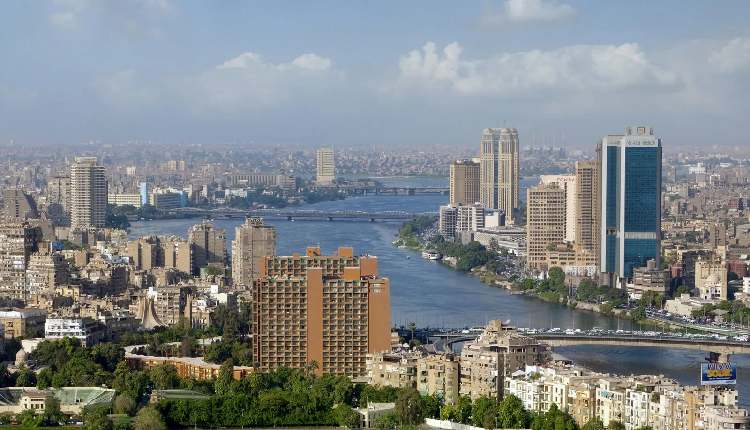S&P Global Ratings affirmed Egypt’s sovereign credit ratings at ‘B-/B’ on October 18, 2024, with a positive outlook. This decision reflects Egypt’s progress since the exchange rate liberalisation in March 2024, which attracted foreign direct investment (FDI) and donor support, enhancing external liquidity.
Significant FDI projects, such as the $35 billion Abu Dhabi-backed Ras El-Hekma development and $10 billion in multilateral funding, have bolstered Egypt’s reserves to $47 billion.
The government reported a relatively small fiscal deficit of 3.6 per cent for the fiscal year 2023-24 (ending June 30, 2024) and achieved a primary surplus of 6.1 per cent of GDP. For fiscal 2024-25, the government anticipates a deficit of 7.3 per cent of GDP, alongside a primary surplus of 3.5 per cent. The general government debt stock is estimated at 88 per cent of GDP.
Forecasts indicate that total spending will rise by 29 per cent in fiscal year 2024-25, with the largest share allocated to interest expenditures, which have surged by 46 per cent. This increase will consume about 70 per cent of projected revenues and half of the government’s budgeted expenditure.
The budget assumes an interest rate of 25 per cent for domestic borrowing and a real GDP growth rate of 4.2 per cent. Nearly three-quarters of interest payments will go towards domestic Treasury bills and bonds, while foreign debt and payments to the central bank will account for the remainder. The government aims to reduce public debt to 80 per cent of GDP by the end of fiscal year 2026-27.
However, the country faces significant challenges. High-interest costs consume 70 per cent of government revenues, with borrowing heavily concentrated in domestic markets. Tight monetary policies aimed at controlling inflation have driven interest rates to around 27 per cent.
Geopolitical tensions in the region further strain key sectors like tourism and the Suez Canal, where revenues have halved due to regional tensions. Inflation remains elevated, driven by currency depreciation and subsidy cuts, but is expected to ease by 2025. Despite these risks, Egypt’s positive outlook hinges on its reform agenda, which has the potential to promote long-term fiscal consolidation and GDP growth.
Attribution: S&P Global Ratings
Subediting: M. S. Salama


